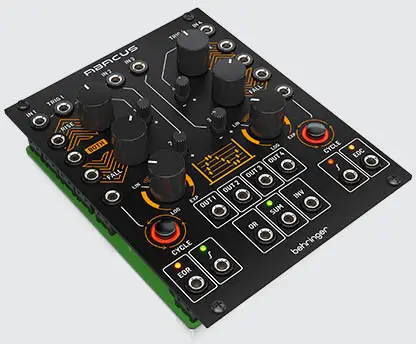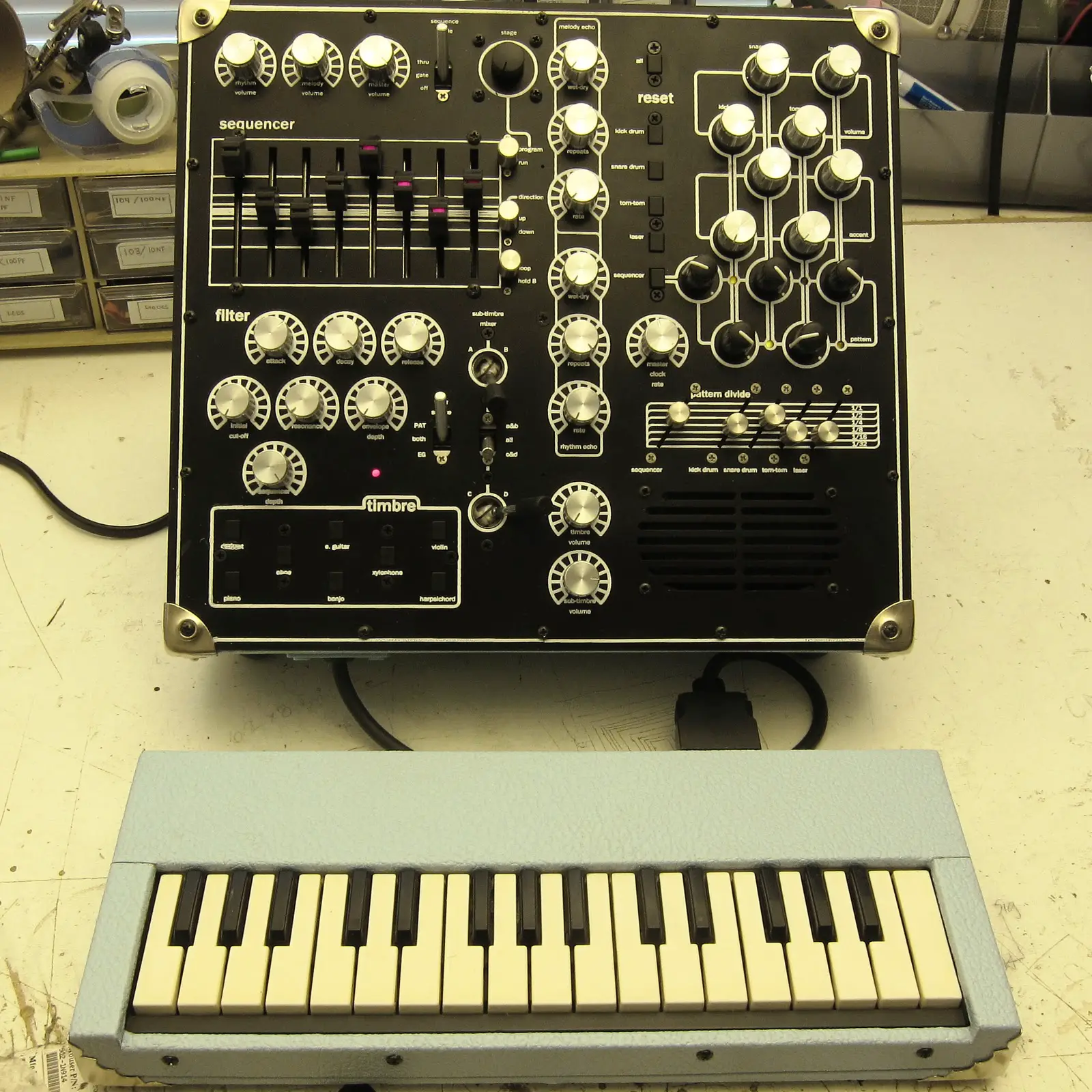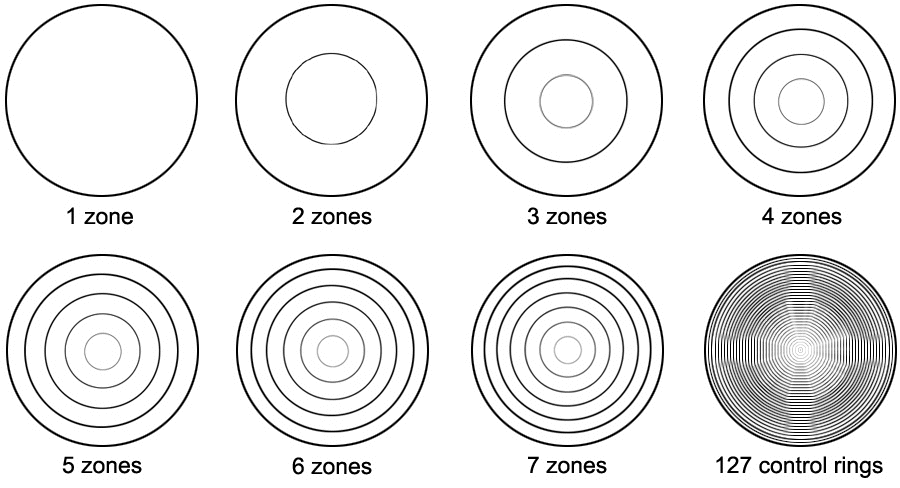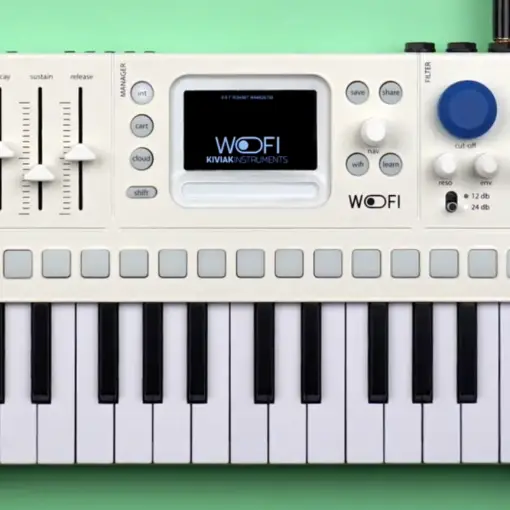Behringer has announced its ABACUS Analog Music Computer for Eurorack, modelling it on the Buchla 257 and 281 analog synths, and featuring am array of linear, logarithmic and exponential triggered or continuous functions.
It offers a range of creative possibilities for manipulating control voltages and generating modulations. It can generate envelopes or LFO signals up to 25 minutes long and as fast as 1 kHz. The module allows for modulation depth adjustment, modulation in reverse, and tempo manipulation to create even more musical events.
The ABACUS also allows for incoming signals to be amplified, attenuated, integrated, or inverted for unlimited creativity. The module can apply unique effects like lag, slew, or portamento to control voltages, perfect for use with a sequencer or synth keyboard. Up to four control voltages can be combined to generate even more complex modulations.
The ABACUS is designed to fit into a standard Eurorack case and can be combined with other synth modules for a unique set up. Overall, the ABACUS offers an amazing value and is a versatile and powerful tool for creative sound design.
The Buchla Modelling
The Buchla 257 and 281 are two analog synthesizer modules created by electronic music pioneer Don Buchla and his company Buchla Electronic Musical Instruments, introduced in the early 1970s as part of the original Buchla 200 series modular synthesizer system.
The Buchla 257 is a dual oscillator module that features two complex oscillators, each with multiple waveform outputs and a built-in frequency shifter. It also has a built-in envelope generator, a low-pass gate for volume and filtering control, and a dual arbitrary function generator that can be used for modulation or to create complex control voltages.
The Buchla 281 is a quad-function generator module that can be used for envelope generation, LFO (low-frequency oscillator) modulation, and more. It features four independent function generators, each with its own time control and a switch to select between linear and exponential voltage behavior. The function generators can be triggered by an external signal or by an internal clock, and can be used to create a wide variety of complex modulations and control signals.
Both modules are designed to be used within a larger modular synthesizer system and offer a high degree of flexibility and versatility. They are known for their unique sound and unconventional control interfaces, which can take some time to master but offer a great deal of creative potential. Overall, the Buchla 257 and 281 are highly regarded by electronic musicians and sound designers for their unique capabilities and sonic character.
Whether Behringer’s $99 offering can compare in any way with these masterpiece instruments, which can fetch high prices in the resale market, remains to be seen.




